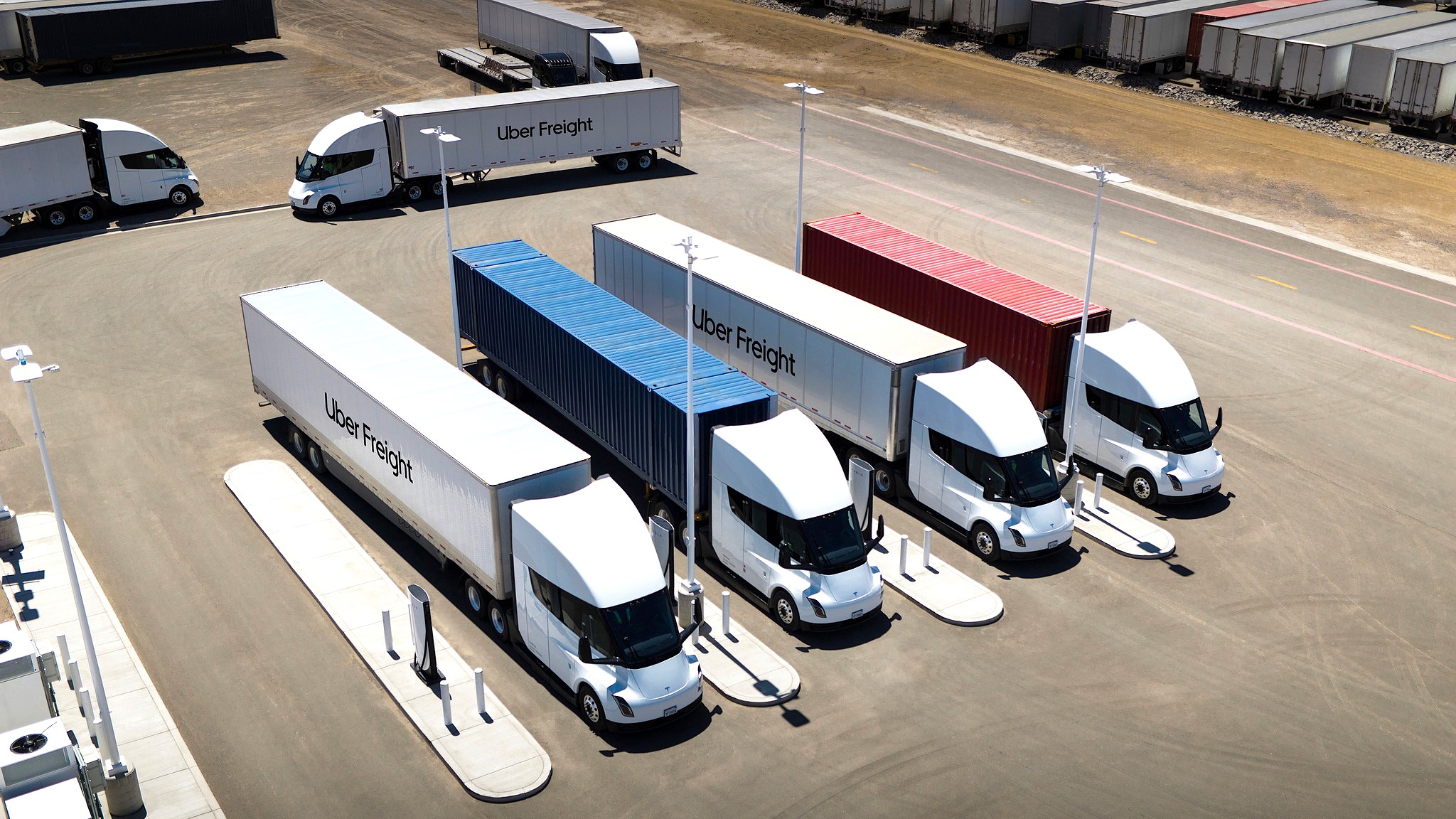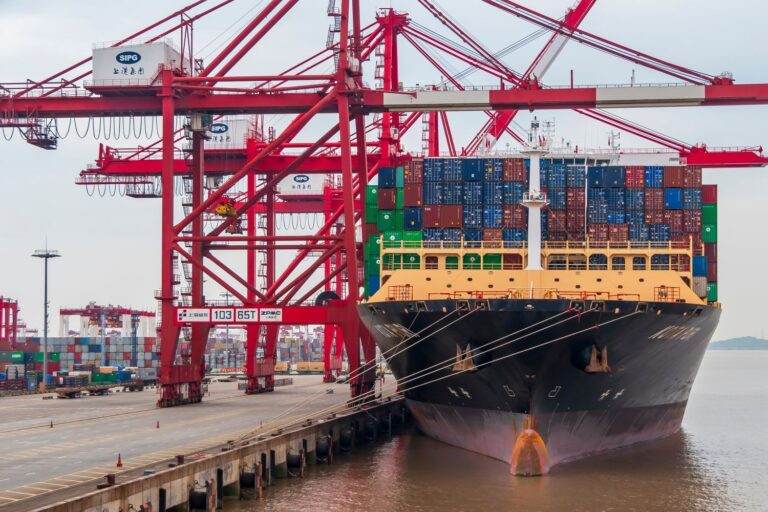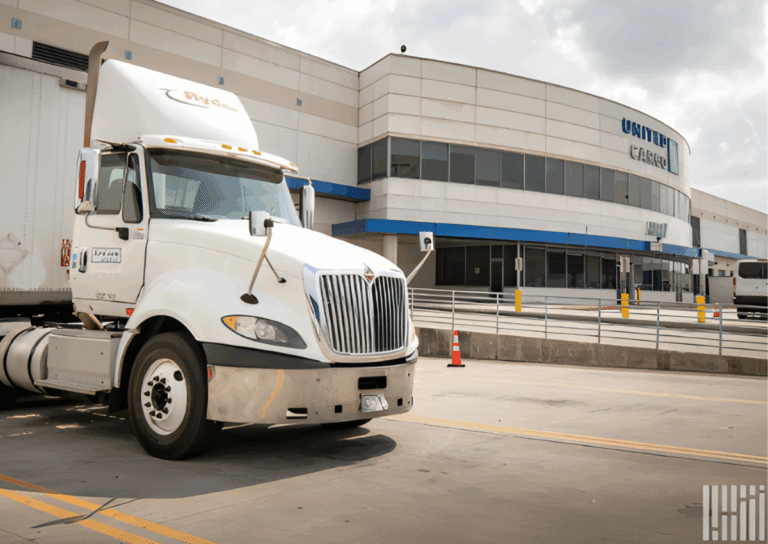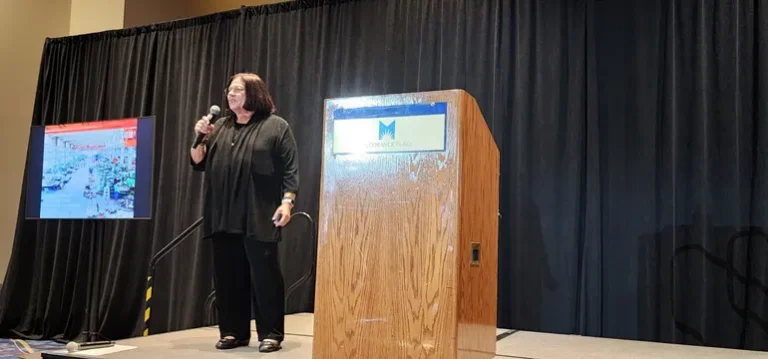
Jacksonville – Uber Freight, in a move to transport Decarbonize, has launched its dedicated EV Fleet accelerator program aimed at driving electric trucks through a strategic partnership with the Tesla automaker.
The founder and chairman of Uber Breight, Liver Ron, announced Tuesday’s annual summit in Jacksonville, Florida, Tesla’s participation.
“This is the first program of its kind, really designed to help the fleet and the transportation of electric trucks on a scale with confidence,” Ron said.
Uber officials said the EV -accelerator program is a direct response to the industry’s extensive feedback. The program provides subsidized access to Tesla Semi Trucks, guaranteed demand for Uber Freight’s transportation network, and direct support to maximize use of vehicle and long -term return on investment.
While electric trucks offer significant savings over time, high costs, charging infrastructure gaps and income potential uncertainty, are often discouraged by wider approval, Ron said.
“We are going to work with Tesla to really train the fleet and really help them accelerate the adopting electric trucks … By helping to finance and pricing these beautiful trucks at the price of diesel trucks.
Tesla unveiled the entire Class 8 truck in 2017 and started production units in 2022. Mass production is expected to begin at the end of 2025 and is expected to be sold in 2026. The truck has about 300 to 500 miles, which has a full load.
Under the program:
- The Tesla Semi Truck Shopping fleet receive subsidized.
- The semi -Tesla truck fleet integrates their own Uber solutions for transportation for a predetermined period.
- Uber Breight goes to its extensive shipping network to match carriers with continuous shipping from their transportation base.
During a two -month pilot of the EV accelerator program, the Tesla trucks took more than 394 hours of driving, covering the carriers 12377 miles. Trucks had average net energy consumption of 1.72 kWh per mile in 60 hours of total load.

Delive 2025 is a three -day event that includes about 200 wrestlers and industry experts discussing topics such as the last miles, fraud, tariffs, approaching, artificial intelligence, border and international logistics.
During the main address of the 2025 delivery, Rebecca Tinucci, CEO of Uber Breight, said the procurement has become a “priority” in the board rooms.
Tinucci was announced in August as the company’s new CEO. He replaces Ron, who takes a new role as Coo from Waabi, a company that pioneers autonomous transport in which Uber is a great investor.
“Over the past year, we have had new tariffs on global imports, the main rail line disruption, or the geopolitical events affecting the transport lines,” Tinucci said. “In Uber Transport, we do not see the supply chains as a cost of management. We see it as lever for growth.”
Uber Breight also unveiled new platform features designed to be easier and connected to the logistics workflow. The company showed how information, automation and integration are transforming transport operations.
“From preparation to payment, transportation is facing constant complexity,” said Steve Barber, a product vice president at Uber Breight. “Continuing our investment in automation, information and integration of faster decisions, intelligent cost control and flexible supply chains.”
The Company Transportation Management System (TMS) now integrates the order of silver and allows transporters to manage the payable claims and payments directly to the portal. This update makes the workflow easier, reduces the differences by up to 20 %, and accelerates the payment to carriers.
Uber Breight also expanded its exchange platform by analyzing scenario and enabled transportation to model multiple strategies in minutes instead of weeks. Comparison along with costs, services and carrier composition helps reduce costs and reinforce reliability, while prizes can be exported directly to any TMS.



